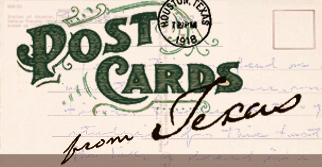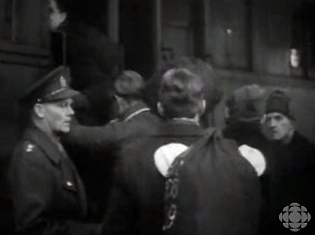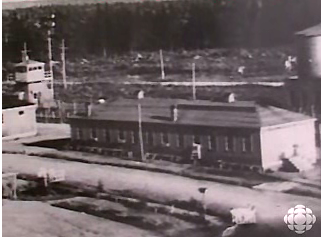
|
|
Entries
tagged as 'video'
Treatment of Allied POWs (at least those from the West) in German POW camps was largely professional. Here's the text of an excerpt (7:10-7:28) from the above interview with Walter Morison, a British former POW held at Sagan and then Colditz.
For more information about his escapes and daily camp life, see his book Flak and Ferrets: One Way to Colditz. (Enlisted men and those in larger camps probably had it rougher, especially in terms of food. Things also got considerably worse towards the end of the war -- and even in the immediate aftermath.)
The Allied POWs built a glider in one of the attics. It was never discovered by the guards, nor tested. But it was quite an inspiration, as illustrated above.
YouTube includes several interesting videos on Colditz, including several by "dewARTvideo". Here's one that provides a good overview. The different work requirement for officers vs. enlisted personnel was a key part of a (fictional) WW2 movie: The Bridge on the River Kwai. Starting at about 45 seconds into this clip (with the word "officers" a bit garbled):
The British commander objects, quoting the "other than officers" portion of the Geneva Convention. Neither wants to give in.
Lots more at filmsite ... though the quotes don't seem to match the film. The Canadian Broadcasting Corporation's Digital Archives includes a 2003 clip from the television show Country Canada. According to the CBC:
The clip, Behind Canadian barbed wire (3:54), includes commentary from writer David Carter and former German POW Max Weidauer. In 1981, The Canadian Broadcasting Corporation (CBC) television show Front Page Challenge featured Ed Billet, a German POW held in Canada during WWII, and author John Melady. Included in the clip:
and
Watch the clip: Canada's Posh POW Camps (5:32) Interesting to note: Ed Billet was one of the first Germans to emigrate to Canada after the war. In 1989, CBC News (Canadian Broadcasting Corporation) featured author Ted Jones during an investigative look at a former WWII Camp in Ripples, New Brunswick. Interesting to note: Camp 70 was actually split into 2 camps, one for German POWs and the other for Jewish refugees. Watch the news clip (3:19). In 2007, Storyline Entertainment released a documentary called Hitler's Canadian's. From the press release
They explain why POWs were sent to Canada:
Here's a theme that will be encountered often:
And some hard data:
Klaus Conrad was one of the POWs interviewed in the documentary. I enjoyed the video and will have more in a future post. Meanwhile, here's an intro (1:03).
|





